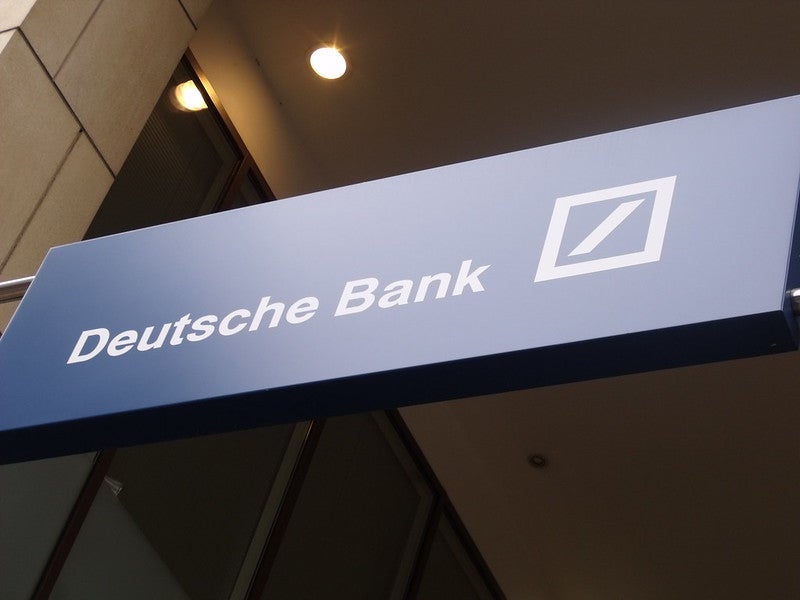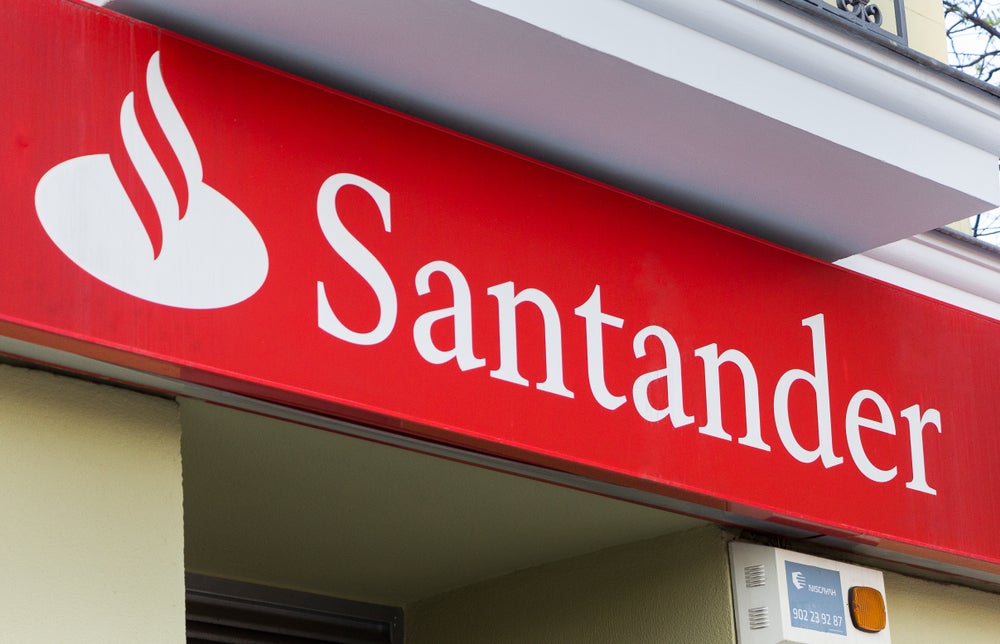Ghana has raised $750 million from the sale of 10-year Eurobonds but paid a premium to investors wary of its fiscal and current account deficits.
With investors more cautious about lending to frontier countries with shaky finances, Ghana had to pay a premium to get the deal off the ground.
Ghana’s sale of the bonds attracted orders of over US$2 billion, a response that’s less enthusiastic than other African countries have seen in recent months.
The yield for the 10-year, dollar-denominated notes will be around 8.125%. It is sharply higher than the 6.625% Nigeria paid for its 10-year bonds this month and Rwanda which paid only 6.875% for its maiden US$400 million 10-year issue.
"This (yield) suggests that Ghana offered a decent premium to compensate investors for the risks associated with the country’s fiscal and macroeconomic imbalances," said Samir Gadio, emerging markets strategist at Standard Bank.
Seth Terkper, finance minister, said: It also bought back US$250 million of its outstanding 10-year issue due in 2017.
How well do you really know your competitors?
Access the most comprehensive Company Profiles on the market, powered by GlobalData. Save hours of research. Gain competitive edge.

Thank you!
Your download email will arrive shortly
Not ready to buy yet? Download a free sample
We are confident about the unique quality of our Company Profiles. However, we want you to make the most beneficial decision for your business, so we offer a free sample that you can download by submitting the below form
By GlobalDataThe bond Ghana issued in 2007, which matures in 2017, yielded as little as 4.7% in April. By the end of June, the yield was over 7%; it is now around 5.5%.
Ghana is trying to contain a budget deficit that surged to 11.8% of gross domestic product in 2012, up from 4 percent in 2011, partly as a result of public wage increases.







